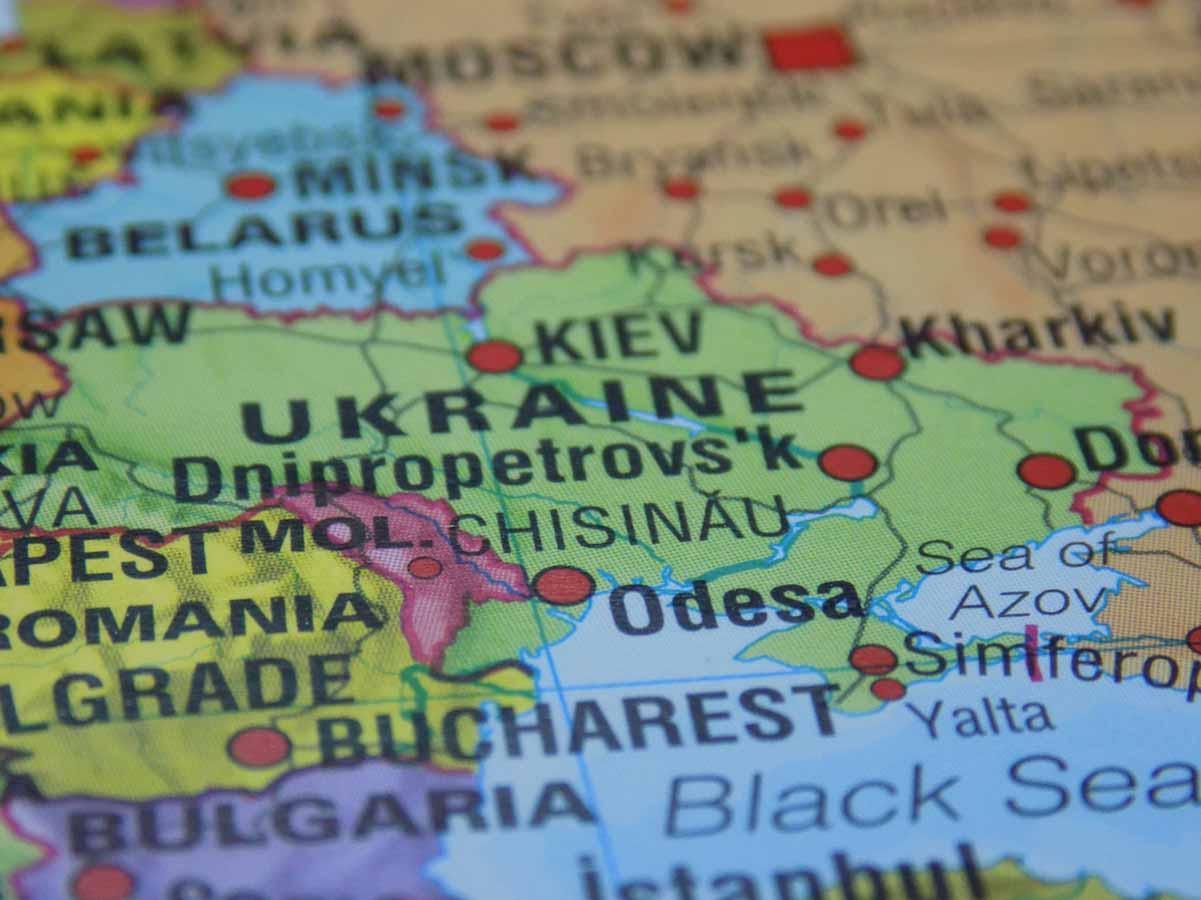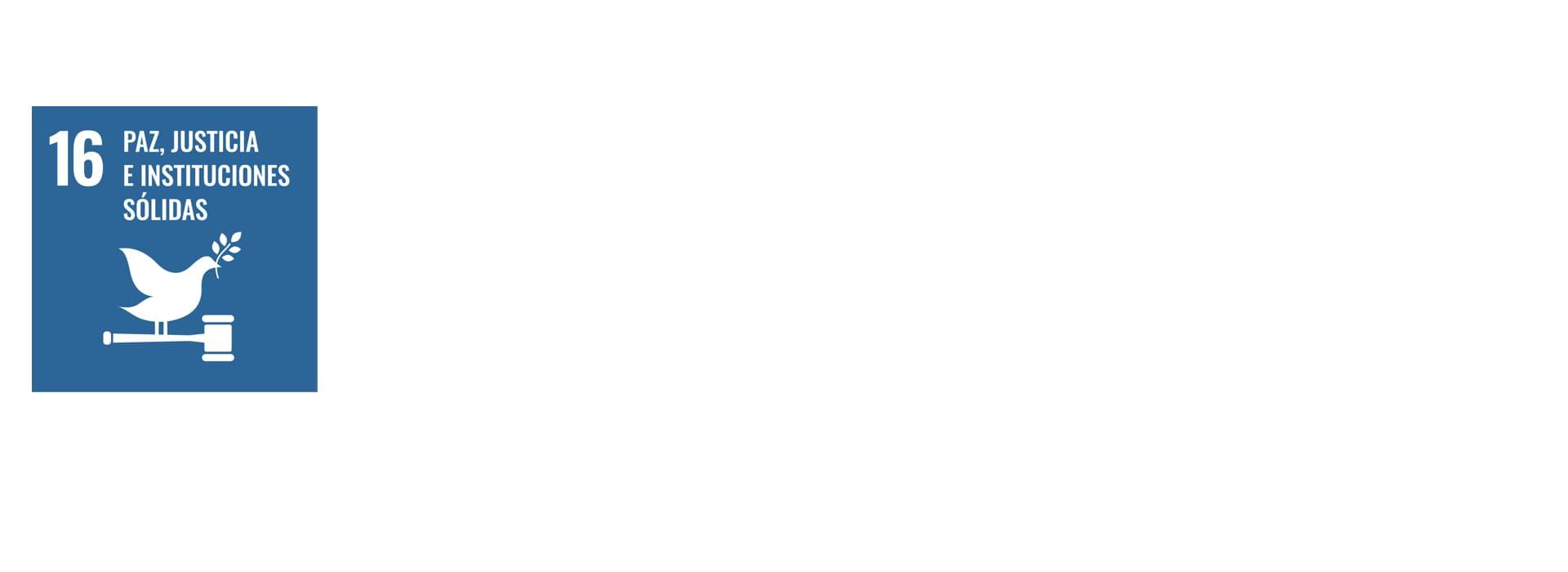
- About UPF-BSM
- Programs
- Faculty and research
- Companies and Organizations
- News & Events
Europe faces a decisive hour
1 Marzo - 2022
Jaime Batlle
Academic Director of the Postgraduate Management Development in Sustainable Business
_
The invasion of Ukraine by Russia is undoubtedly the most significant war event in Europe since the end of the second world war, because if Russia, as it seems will happen, takes control and annexaties Ukraine, there will be a double effect: the westward expansion of the Russian border, to the very gates of Poland (Country belonging to NATO) and the activation of article 4 of the alliance, by virtue of which any NATO member country that feels its integrity is threatened can request military support from the rest of it.
Ukraine was a security cushion, a "neutral" space between the two blocs with an unconfirmed NATO stamp and with hints of an intelligent strategic vision, which would have postponed integration as some sources say 25 years from now.
Putin's argument that Ukraine could be a threat to Russia as a member of NATO due to its proximity to Russian territory falls under its own weight
Putin's argument that Ukraine could be a threat to Russia as a member of NATO due to its proximity to Russian territory, falls under its own weight because the Russian movement, by annexing Ukraine, has placed itself right in front of the danger it manifests wanting to avoid the very gates of NATO on the border with Poland.
Avoid? That is the question. It is not a strategy to avoid, but rather the opposite, when going headlong to meet the border of Poland, that is, of the Atlantic Alliance.
Therefore, the reason for the invasion of Ukraine by Russia must be centered on Russia's interest in installing and demonstrating a new iron curtain as an instrument of its foreign strategy, which is none other than to weaken the Community Europe, taking advantage of the fact that we came out of a pandemic that has weakened our economy, we are suffering from a major debt crisis, we have missed the technological train, we do not have military defense capacity, the United States has moved away from Europe (not only in the military field) and Brexit has been consummated.
But why does Russia want a weaker Europe? Let's ask the question in another way: who benefits from an economically and politically weaker Europe? The answer is simple: to Russia to gain influence in countries of the former Soviet orbit that are now members of the European Community, to put pressure on the Nordic countries and thus secure their border on the west and main flank and above all things and fundamentally, to back to the borders of 1945.
There is a detail that powerfully draws attention to this Russian expansionism. The threat to Finland not to be part of NATO, but Sweden? In the small details the unknowns are usually revealed.
The other beneficiary power is China for several reasons. It could have a free hand to modify the status quo in Taiwan, taking advantage of the fact that the eyes and efforts are located in Europe
The other beneficiary power is China for several reasons. It could have a free hand to modify the status quo in Taiwan, taking advantage of the fact that the eyes and efforts are located in Europe, it will find a United States that will also have to take care of using its resources in the Pacific and in Europe, however limited these may be , a Europe that is also weaker in terms of its commercial competition and, above all, a powerful ally, Russia, whose GDP is far from that of a global power, which does not imply that it can be a technological or commercial adversary, but if a powerful military ally that puts the focus where China is interested and sweeps it home in convenient scenarios.
The economic motive is not negligible in Russia's internal key. The Russian strategy of moving the geopolitical map to 1945 implies, in the way of doing it, recovering economic preponderance. Of course with the annexation of Ukraine.
In this scenario, the role of China with an equidistant position close to Russia, will try in this scenario to gain geoeconomic influence in its struggle with the United States. The stage is not in Europe, but in the Pacific.
Will Russia dare with the Baltic countries, today members of NATO? Probably not, but it shouldn't be ruled out outright, especially if the Western response is as tepid as in the case of Ukraine, which is limited only to economic sanctions.
When NATO's secretary general said in January that the Atlantic Alliance would not get involved militarily, that day the invasion of Ukraine began to take on signs of reality.
The role of the United States is key to curbing Russian expansionism in Europe and that role must be played with an intelligent combination of restraint and forcefulness.
Europe arrives at the wrong foot and at the wrong time to this enormous challenge while on the other side of the Atlantic, the United States has a much more strategically important open front for its interests, such as the dispute with China for world supremacy.
The main unknown is whether Russian expansionism will stop in Ukraine in its military mode or will advance through other destabilizing channels.
The main unknown is whether Russian expansionism will stop in Ukraine in its military mode or will advance through other destabilizing channels.
We live in times of great uncertainty and greater risk. Both are powerful enemies to address the great challenge of our time that is climate change and that requires planetary unity. What happened in Ukraine is definitely going in the opposite direction.
It is time to reinvent the present from a European perspective. The magnitude of the challenge demands it and it is, without a doubt, of a colossal size that will put the current European leaders to the test.
Europe faces a decisive hour.
